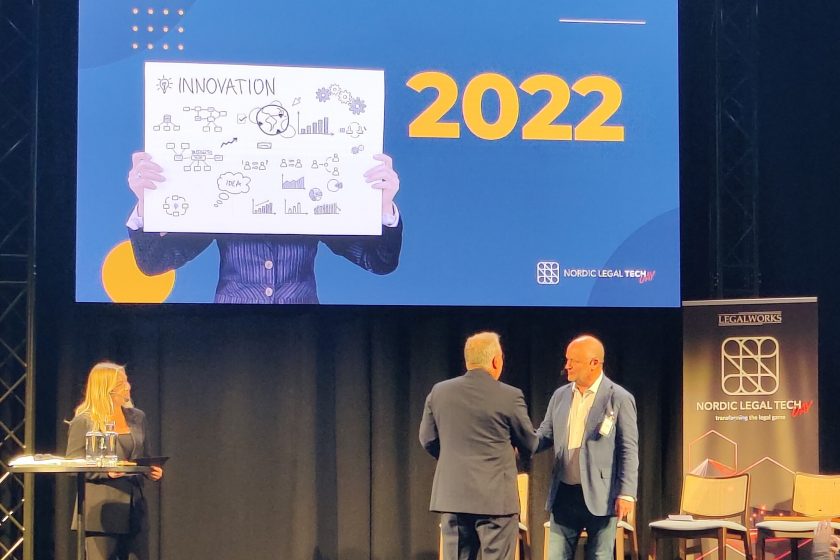Nordic Legal Tech Day in Stockholm, organized by LegalWorks, has become the meeting point for Legal Tech enthusiasts in Sweden. The event yesterday was a great day to catch up with people working with or somehow involved in legal tech. It was a sold-out event with several sponsors, demo sessions and a program that included an inspirational keynote about why lawyers should play video games, by Professor Erik Vermeulen.
All this was great, but I also truly appreciated that they once again were awarding the Legal Innovator of the year. This is a great way to give some appreciation to a person or an organization that is working with innovation in the legal sector. There were many good candidates but finally the decision was to give the price to ZealID who has made qualified signing simple. Through their app, anyone can receive the eIDAS qualified certificate and signature that all EU member state courts, public authorities, and anti- money laundering KYC regulations are mandated to accept. That is a great step toward providing every online user with a legally recognized identity and signature. Big congrats to you!

VQ was happy to participate in the judging panel by Helena Hallgarn, together with Elisabet Dahlman Löfgren, Head of Innovation and Knowledge at Mannheimer Swartling, Malin Männikkö, Organizer of Stockholm Legal Hackers and Legal Tech Associate at DLA Piper and Ulf Lindén and Leif Frykman from LegalWorks.

To stay on top of what new business ideas are out there in the legal tech area, this day also included a start-up-pitching contest moderated by Malin Männikkö, Stockholm Legal Hackers. They presented five interesting companies: Goodfeed, Ebie, iPractitioner, Juristic and Syndata. After their presentations, all delegates were involved in the voting process through the online tool Mentimeter. and the winner was Juristic, a legal tech toolbox based on visualization. We look forward to seeing the further development of these companies.
There were also interesting sessions regarding AI in compliance, Innovative organizations in the legal industry and Digitalization strategy for Law Firms and Legal departments. Here you can find further information about the program.
In one demo session, Kenan Jugo from Karnov Group had a presentation about their ERP solutions and how they worked with their tech implementations. He wanted to emphasize a better project focus since 37% of IT spending is wasted according to McKinsey’s report “The ‘how, of transformation”. This report also stated that 70% of large complex transformation projects do not reach stated goals due to lack of employee engagement etc. There seem to be much more to be done here.
In the session “AI compliance in practice” their conclusions corresponded well with the result of the findings in the McKinsey report, even though most of these projects are delivered externally (and not internal implementation projects). In this session they stressed the need to involve the whole organization, the importance for legal to understand the business, the importance for innovative tech projects to involve lawyers at an early stage and the need to involve the whole organization in different kinds of change project. Luckily new lawyers seem eager to combine tech and law and are not interested in working in separate “silos”. The conclusion here is that we need to move towards a cross-functional working place.
Innovative project were also in focus in the session “Digitalisation strategy for Law Firms and Legal Departments”. There, they discussed how to be able to develop new ideas, test them and thereafter implement them in the whole organization. Elisabet Dahlman Löfgren, Head of Innovation and Knowledge at Mannheimer Swartling, has the strategic challenge to work with innovative project in a big successful and profitable organization and she launched her strategy “large cog – small cog strategy”. It can be explained as a strategy where the large cog (the firm) uses small cogs to test new technologies in quick iterative cycles. The key here is to link these and structure an organizational feed-back. Once people get used to make daily small changes, you can implement a mindset of the whole organization as being part of the development.

In the session “Innovative organizations in the legal industry”, moderated by Anna Byström, Partner EY Law, there were some references to the Future of the Legal Profession 2022 Industry report. One remarkable comment in the report was a lawyer wanting lawyers “to be looked upon as humans” … This was discussed by There Järnankar, Norsteds Juridik, Victoria Thore, CEO Familjens Jurist and Lisa Dobberman, founder of Doberman. Lisa gave us some fresh input on how to manage people and build a truly innovative organization. She based her input on the conclusion that technology is not about IT but about leadership. Therefore, we have to act accordingly. Innovation cannot be separated from the business but be integrated in the mindset of the people in the organization. And if we hire a diversity of people, we also must appreciate their differences, allow people to be different and not treat them all in the same way. When comparing people with computers, we have to keep in mind that people are non-linear, which also is their comparative advantage. Trust people and let them be different.
The best take-away from this day might be that if you want to be a successful innovative organization, you ought to better appreciate diversity in your organization, involve people, trust them, and let them be different.

